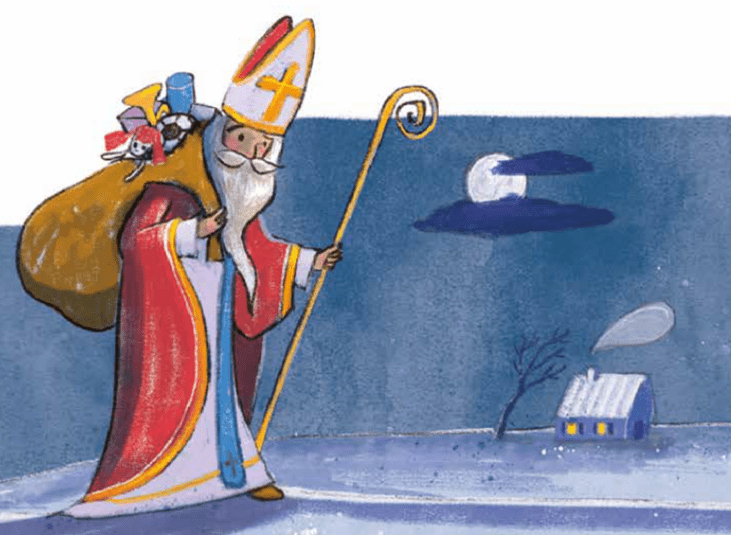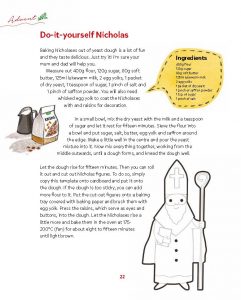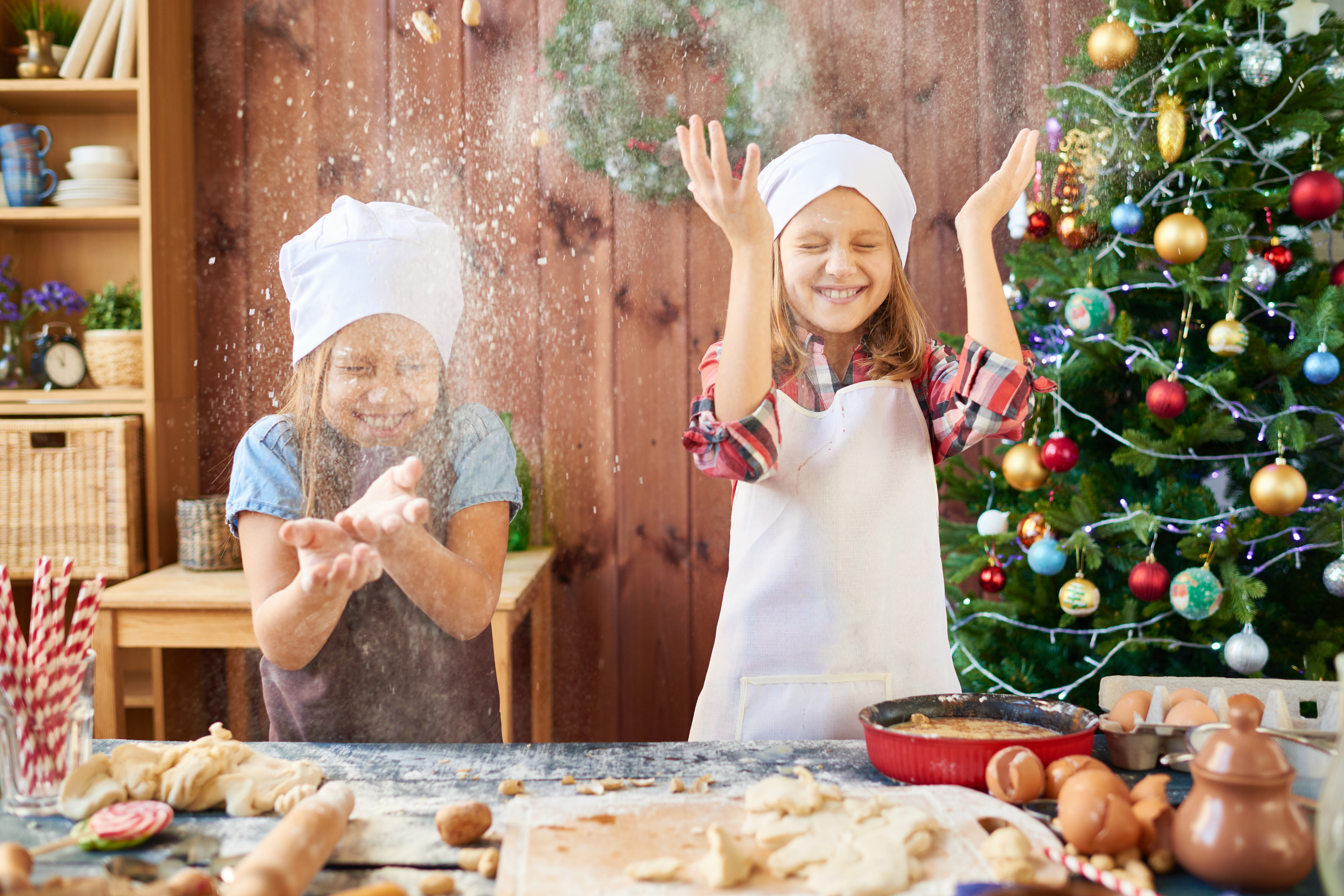6th December is the feast day of St Nicholas. He is often confused with Father Christmas, who he has nothing in common with, except for the colour of his cloak.
We don’t know exactly when Nicholas lived. He was born between 270 and 286 in Patara and died on 6th December. Nicholas was the bishop of Myra. That’s in today’s Turkey. Nicholas was much loved because he always worked and argued for the good of people. There are many legends telling of his good deeds. One of them is the legend of the miracle of the wheat:
There was a great famine in Myra. People didn’t have anything left to eat. Children and the sick especially suffered. Nicholas heard about a large ship that had called at the port of Myra, which was filled to the brim with wheat. It was on its way to the emperor of Byzantium. Nicholas asked the sailors to give him some of the wheat to alleviate the greatest suffering in Myra.

For hundreds of years, Bishop St Nicholas has been venerated as a benefactor of children. In many regions around the world different customs have grown up:
A well-known custom in some places has St Nicholas filling shoes with sweets the night before his feast day. To this end, the shoes are polished especially well and left outside the door. I know children who, because their own shoes are small, borrow their dad’s working boots because they can hold more treats…
In some places, Bishop Nicholas, magnificently dressed in a bishop’s vestment with a mitre and crosier, comes to visit the children. He often has a big golden book with him and is surprisingly well informed about what might not have gone well over the past year. In most cases, a little sermon is enough before Nicholas takes little presents out of his huge bag.
Do-it-yourself St Nicholas
 Click here to download and print these instructions with beautiful illustrations.
Click here to download and print these instructions with beautiful illustrations.
Baking Nicholases out of yeast dough is a lot of fun and they taste delicious.
Just try it! I’m sure your mum and dad will help you.
Measure out 400g flour, 120g sugar, 80g soft butter, 125ml lukewarm milk, 2 egg yolks, 1 packet of dry yeast, 1 teaspoon of sugar, 1 pinch of salt and 1 pinch of saffron powder. You will also need whisked egg yolk to coat the Nicholases with and raisins for decoration.
In a small bowl, mix the dry yeast with the milk and a teaspoon of sugar and let it rest for fifteen minutes. Sieve the flour into a bowl and put sugar, salt, butter, egg yolk and saffron around the edge. Make a little well in the centre and pour the yeast mixture into it. Now mix everything together, working from the middle outwards, until a dough forms, and knead the dough well.
Let the dough rise for fifteen minutes. Then you can roll it out and cut out Nicholas figures. To do so, simply copy this template onto cardboard and put it onto the dough. If the dough is too sticky, you can add more flour to it. Put the cut-out figures onto a baking tray covered with baking paper and brush them with egg yolk. Press the raisins, which serve as eyes and buttons, into the dough. Let the Nicholases rise a little more and bake them in the oven at 175-200°C (fan) for about eight to fifteen minutes until light brown.
 These instructions are extracted from our book The Church Year for Children. Help children actively discover the church year, with child-friendly facts, explanatory illustrations, and creative suggestions on how to organise these special times for each festival and each year.
These instructions are extracted from our book The Church Year for Children. Help children actively discover the church year, with child-friendly facts, explanatory illustrations, and creative suggestions on how to organise these special times for each festival and each year.
For more fun Catholic activities for kids and to help them learn about the liturgical year, order your copy of The Church Year for Children.
